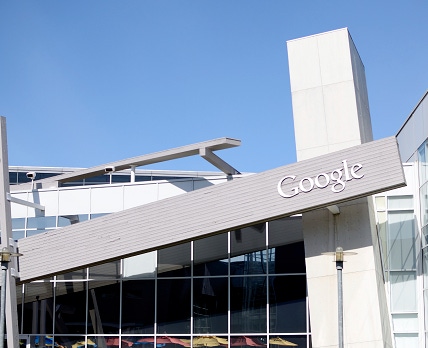Google expands its commitment to nurturing the entrepreneurial spirit in its employees, allowing some to work on new projects full-time in its Area 120 startup incubator.


10 Signs You're Not Cut Out To Work At A Startup
10 Signs You're Not Cut Out To Work At A Startup (Click image for larger view and slideshow.)
Google is launching an internal startup incubator in a move to retain its workers, as well as potentially lucrative ideas.
Google's CEO Sundar Pichai has formed Area 120, an internal startup incubator where employees can work on their projects, according to a report in The Information.
Google executives Don Harrison and Bradley Horowitz will oversee the incubator. They recently held a companywide meeting to unveil the plans, according to the publication.
With the Area 120 incubator, Google employees can submit a business plan and, if selected, will be able to work on their projects full-time for several months, compared to the company's traditional practice of allowing workers to devote 20% of their time to pet projects, notes a report in Engadget.
Successes from the 20% time program included Gmail, AdSense, and Google News.
These intrapreneurs will be able to pitch for additional funding to build out their Google-funded company, but it's not clear if those additional funds will be provided by Google Capital or Google Ventures. The Information piece reports that Area 120 will receive its funding from Google's corporate development budget.
While it is not unusual for companies to encourage entrepreneurship within their own ranks, as Google has done with its 20% allocated time to work on pet projects or LinkedIn's InDay that allows employees to devote one day once a month to an activity of personal interest, it is unusual for a company to create a designated division to allow employees to work round-the-clock on their own business plans.
This model is considered one of four incubator or accelerator models that companies deploy to spur innovation, according to The Corporate Innovation Blog.

Create a culture where technology advances truly empower your business. Attend the Leadership Track at Interop Las Vegas, May 2-6. Register now!
This intrapreneur strategy is used by companies to allow employees to devise creative solutions and test business models that usually cannot be done as part of a business unit, according to Corporate Innovation. Typically, companies that would use this model are ones that have a strong culture of innovation, with a long-standing practice of focusing on disruptive solutions.
The benefits to these companies that allow intrapreneurism? According to Corporate Innovation:
Promote and strengthen intrapreneurship, risk-taking, and out of the box thinking. Rapidly develop new products and business models.
For Google, Area 120 dovetails into the decision last year by its parent company Alphabet to split the business in two.
"We've long believed that over time companies tend to get comfortable doing the same thing, just making incremental changes. But in the technology industry, where revolutionary ideas drive the next big growth areas, you need to be a bit uncomfortable to stay relevant," Alphabet CEO Larry Page, said in a blog announcing the split.
Among those goals is to empower "great entrepreneurs and companies to flourish," he noted.

About the Author(s)
You May Also Like







